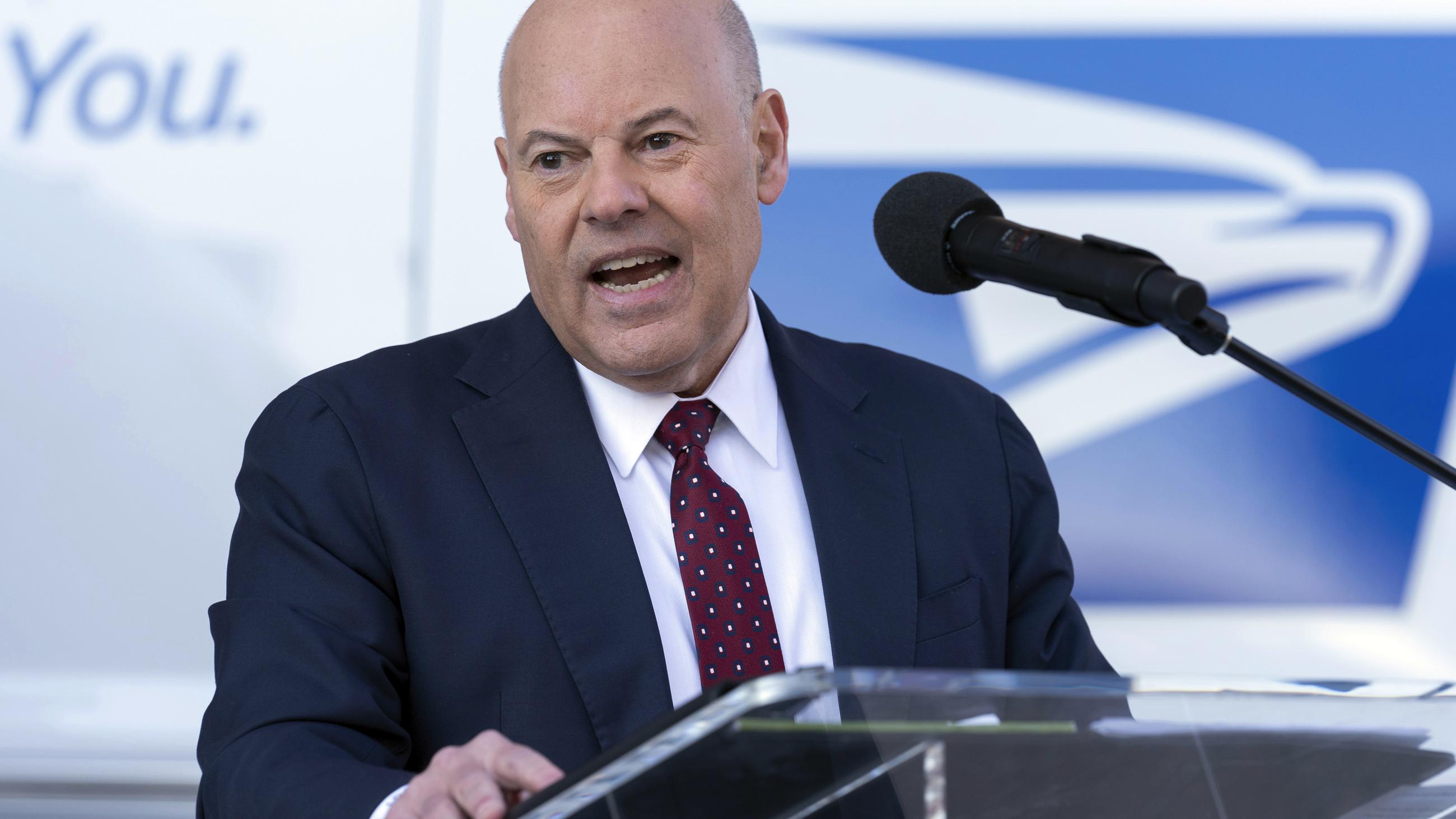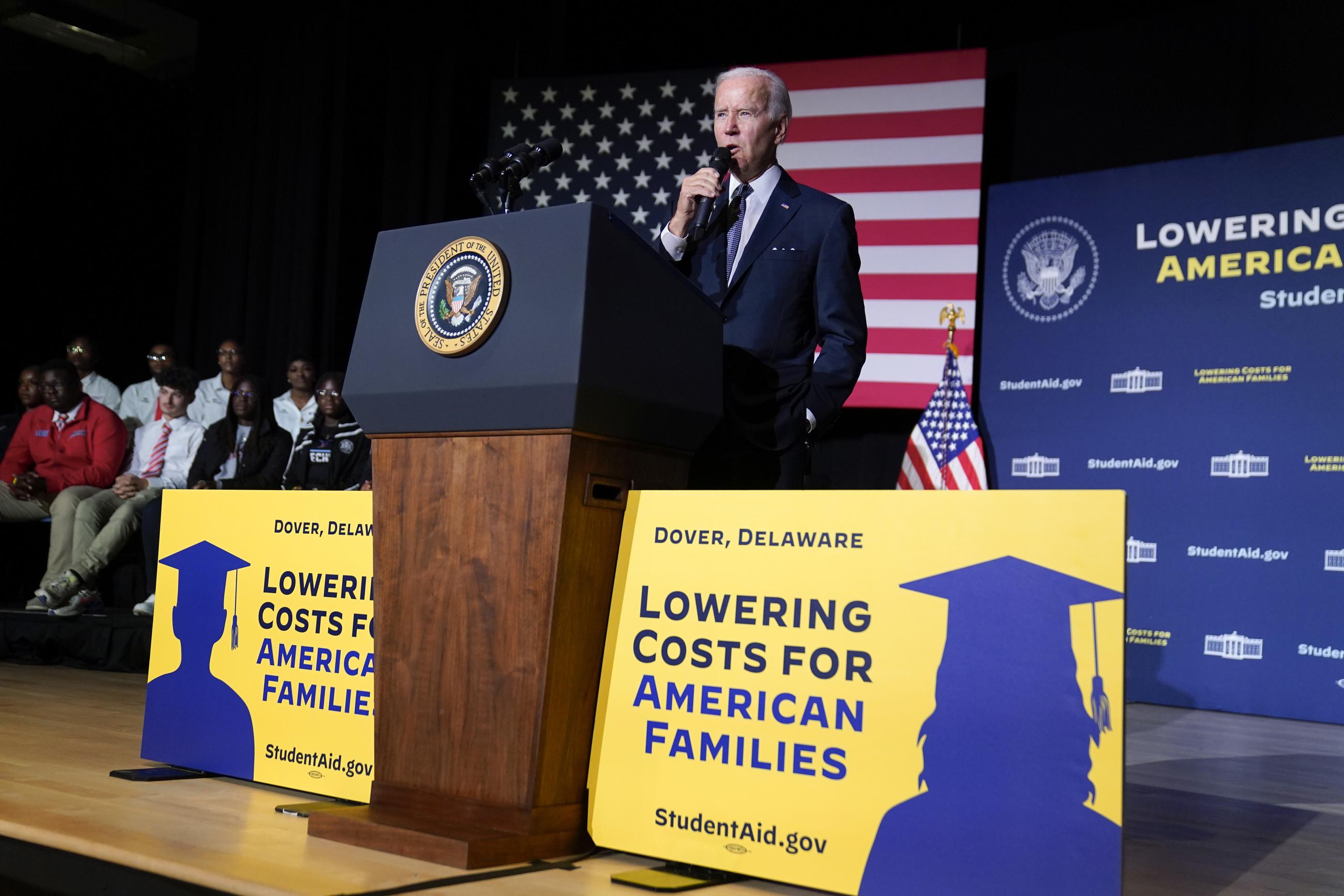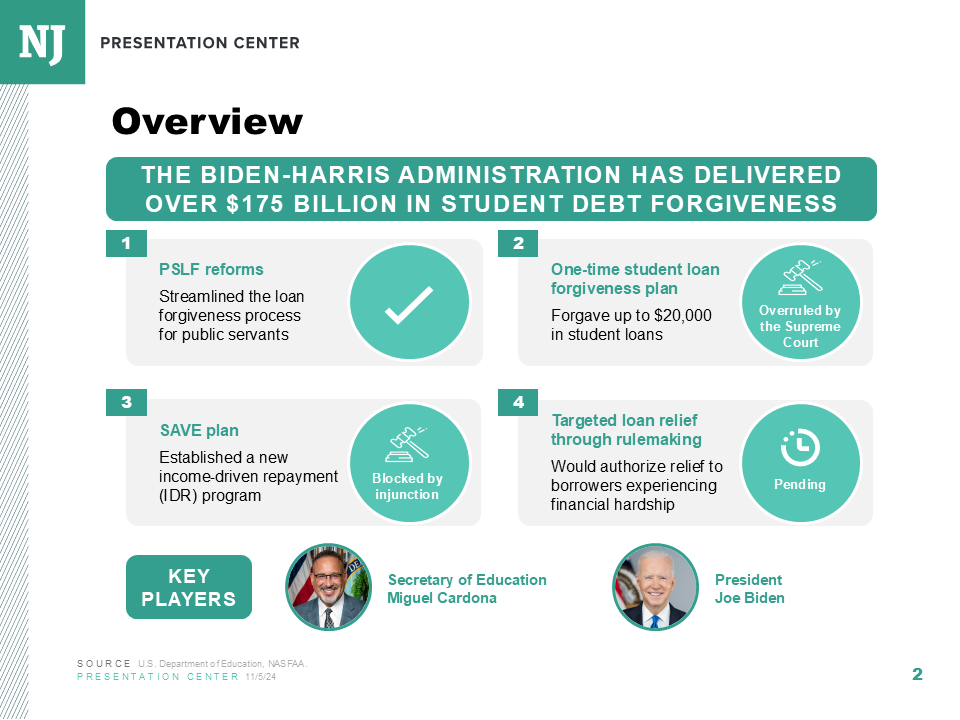Don Maston is president of the National Rural Letter Carriers’ Association, which has more than 130,000 members delivering mail to rural and suburban communities throughout the U.S. Maston spoke with Ledyard King about President Trump’s push to privatize the U.S. Postal Service, his thoughts on recently departed Postmaster General Louis DeJoy, and why he thinks rural America needs its letter carriers more than ever. This interview has been edited for clarity and length.
What are the biggest concerns facing your members?
The biggest concern we're facing right now are these threats we’ve been hearing from the White House, from Elon Musk and DOGE, about privatizing the Postal Service and eliminating workers or eliminating services. There’s a general anti-labor theme that we’re hearing across America right now. The most concerning thing I’ll say right now is the state of where we are as a country as far as the labor force goes, as far as the federal workforce goes, the future of the Postal Service, and the impact on our members.
To your point, President Trump has talked about privatizing the Postal Service. Would that be a good idea?
That would not be a good idea. We’ve got 130,000 bargaining unit members from Puerto Rico to every state in between. The majority of our routes are in rural America serving rural communities. In many cases, they’re many miles away from the post office and certainly many miles from urban centers, and considered the last mile of delivery. That is in part because the other carriers, be it UPS, FedEx, Amazon, they don't want to go out there if it’s not profitable. The Universal Service Obligation that we have at the Postal Service was intended by Congress, not as a private entity, but to provide every American equal service for the same price.
There's 51.3 million rural deliveries every single day. We travel 3.7 million miles a day, and those aren’t all paved miles. There’s dirt roads, country roads, gravel roads, and those individuals rely on their rural carrier to provide that service. If it were to be privatized, if they were to deliver out there at all, there would be enormous surcharges or no delivery whatsoever. It would all be based on the bottom line, which is what the private industry does. But it’s not the United States Postal Business, it’s the United States Postal Service.
A report commissioned by the Trump administration during his first term examining the viability of the Postal Service in 2018 stressed the importance of keeping rural delivery intact. Why is it considered such an important lifeline for millions of Americans?
People still rely on that [mail service], and rural communities rely on it more heavily, be it tractor parts or goods.

Or, for instance, Mrs. Jones needs her medicine, and she may be elderly. The town could be 30, 40 miles one way—even if there was a drugstore in a rural community—to get her medication. So they rely on a lot of prescription medication through the mail, and if that service was taken away, or the cost was so much that it prohibited it, she’d have a choice of driving to town—60 miles round trip—or just doing without her medicine. Rural carriers are just part of the community. And privatization would obviously take that away, because if they had anybody coming out there, it would be a faceless contractor that didn't know the customers, and the costs would be significantly higher than it is today.
The USPS has been losing billions every year, and the president recently called the USPS “a tremendous loser for this country.” Are you concerned that the push for profitability could undermine the service’s primary mission of delivering mail six days a week to all corners of the country?
Absolutely. 100 percent. We deliver to every address, six and seven days a week. Certainly, we have an infrastructure, and we have opportunities to do more at some of our smaller postal services, be it selling fishing licenses or the whole list of different things we could be doing to grow some of that. All that helps, but the Delivering for America plan is still in its building stages.
And the idea in general—we've been supportive in trying to capture more growth. But to turn it into a private industry and [serve] those addresses that are profitable—in other words, if you live in a city where it's very handy and there aren't transportation issues and fuel costs and great distances to travel to post offices—sure, that probably would be a little easier fix. But it’s still not going to be the trusted, knowledgeable federal worker that you have. Your city letter carriers or your rural letter carriers, they are some of the most trusted government employees that there are out there. Everyone loves their mailman.
If it’s all for profit because cheaper is better, you're going to degrade the service that the American public deserves to receive and the familiarity with the neighborhoods and the people and the communities. You're going to take away that whole aspect as well, all for a bottom line or to make more money. But the Postal Service is a service. It’s not just another government entity, and it really is a service that was created for the people. The administration can't just sign an executive order and make it something different.
Was it a necessity to lean so heavily into the package business?
Absolutely. Nobody thought for a minute that you were going to survive on letters for grandma and credit-card solicitations. Before 2006, there was a time when we were all getting five and six credit-card solicitations. But people have gotten smarter with their targeted mailings, and there's been a steady decline in first-class mail. That's not debatable.
So yes, making the shift to get a bigger market share [was correct] because we have the infrastructure. We're at every house, every day. Who better to deliver those parcels? In many cases, for the last mile, we're already delivering those, so the shift to modernize the processing facilities, to be more parcel-delivery-centered, and the bigger buildings, the bigger vehicles to accommodate the future of what can happen, it was absolutely a necessity. And I think it was very smart of our most recent postmaster general, Louis DeJoy, to have the vision to see that and to make some changes that hadn’t been happening for a number of years. We are poised in a much better place now moving forward to handle and grow our parcel business services and continue to serve the American public for the goods and services that they currently are using.
DeJoy just resigned following several tumultuous years at the helm. How would you describe his tenure and his efforts to operate the USPS more as a business?
The NRLCA has always supported Louis DeJoy and his efforts. We haven't always agreed. That's just the nature of the union and employer. But the fact is he had a plan. He’s a brilliant individual. Logistics are his background. And you can see that the service was running a lot of empty trucks and just doing a lot of things because we’d always done it that way. I give him credit for coming up with a plan and standing up to Congress, for being a fighter and having a vision and coming up with an actual plan to make a difference so this company can last not just for 10 years, but for many years in the future.
What are you looking for in the next postmaster general?
We want somebody who values the Postal Service as a service to the American public, who values hard-working men and women—there's no excess people in the Postal Service, everybody is busting their tail out there—and somebody who isn't going to be a hindrance to our collective-bargaining process that we have.









